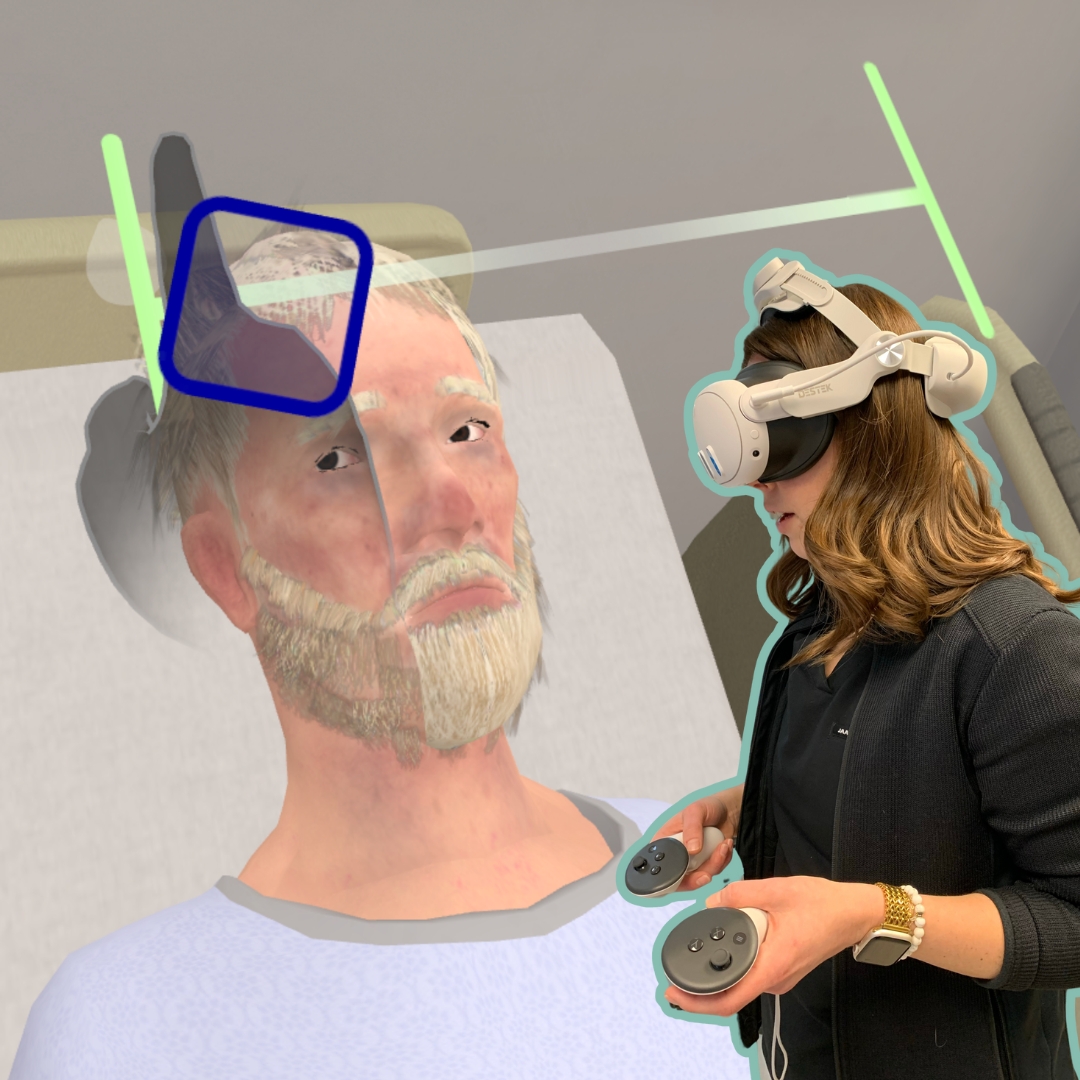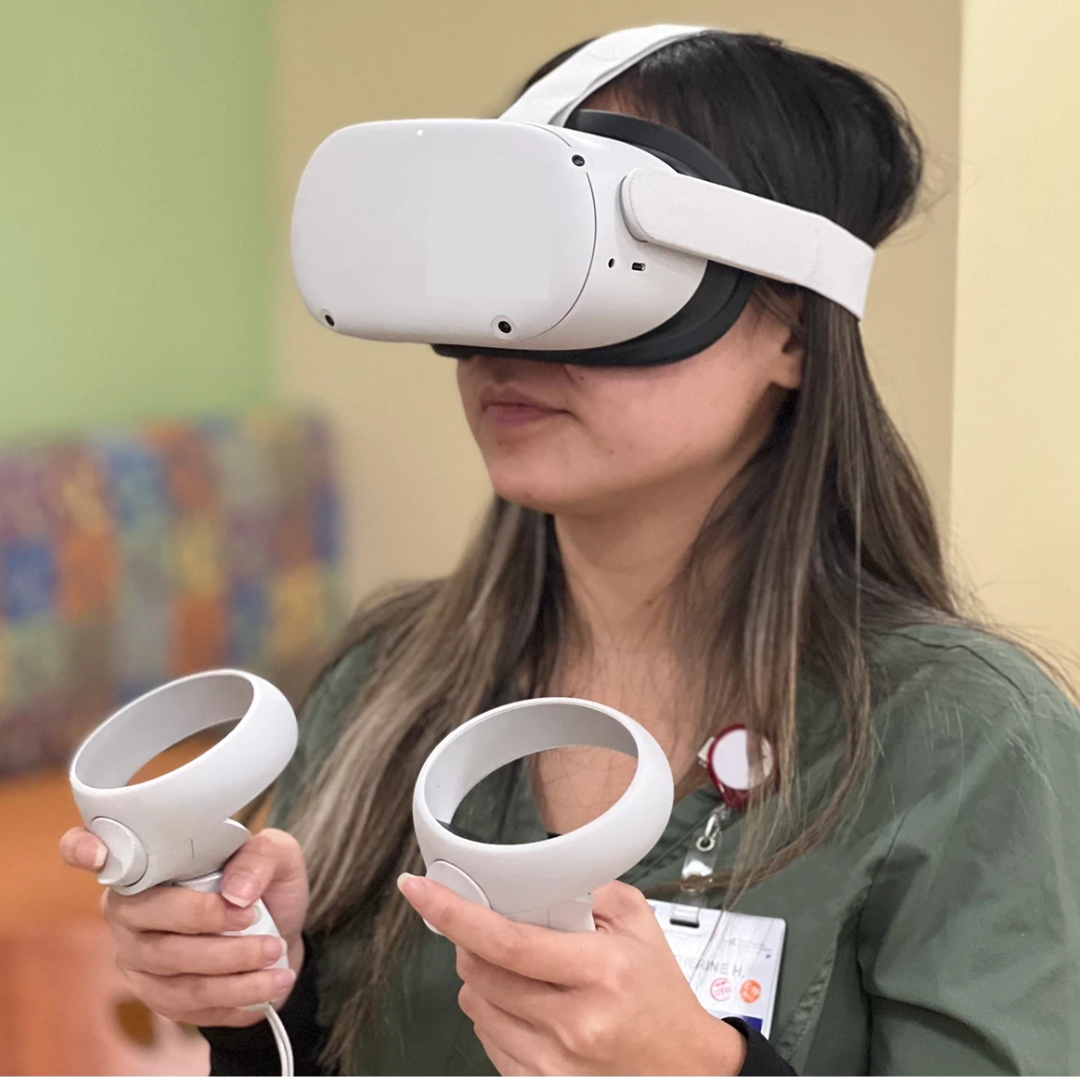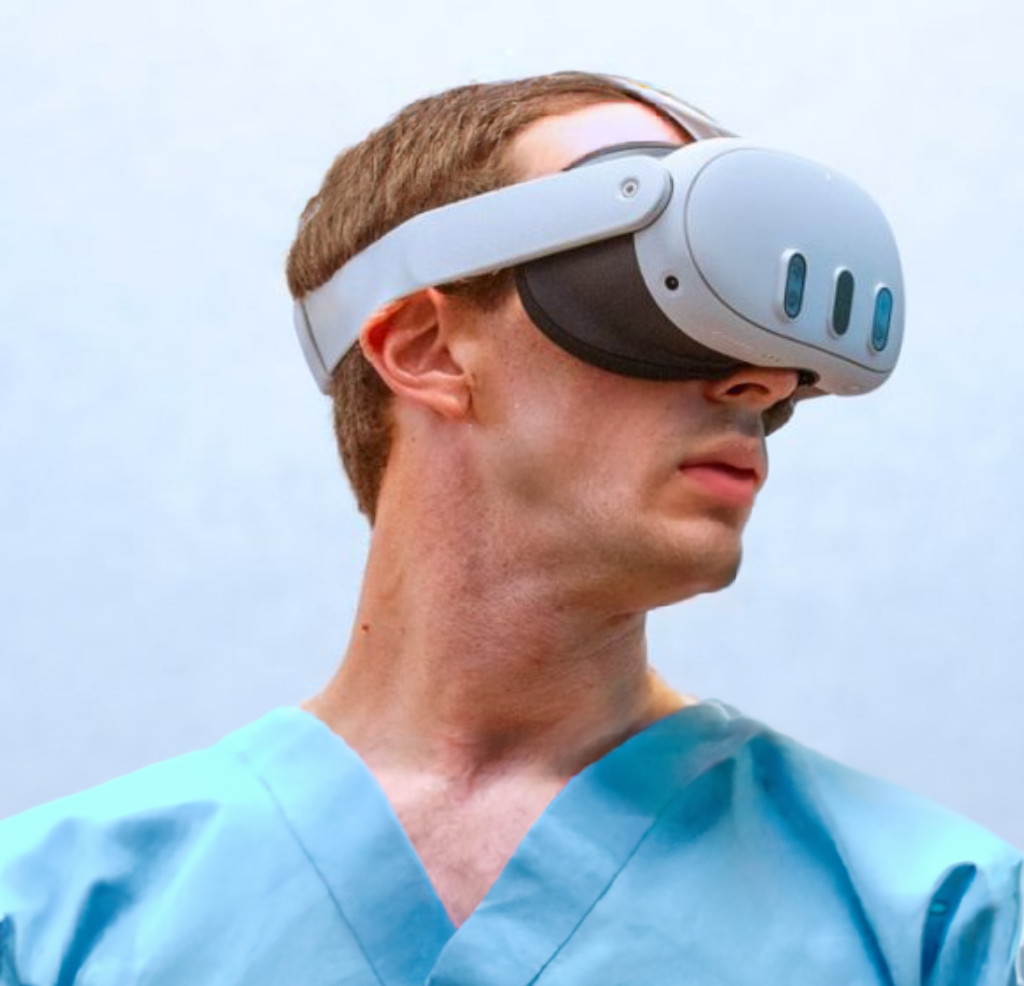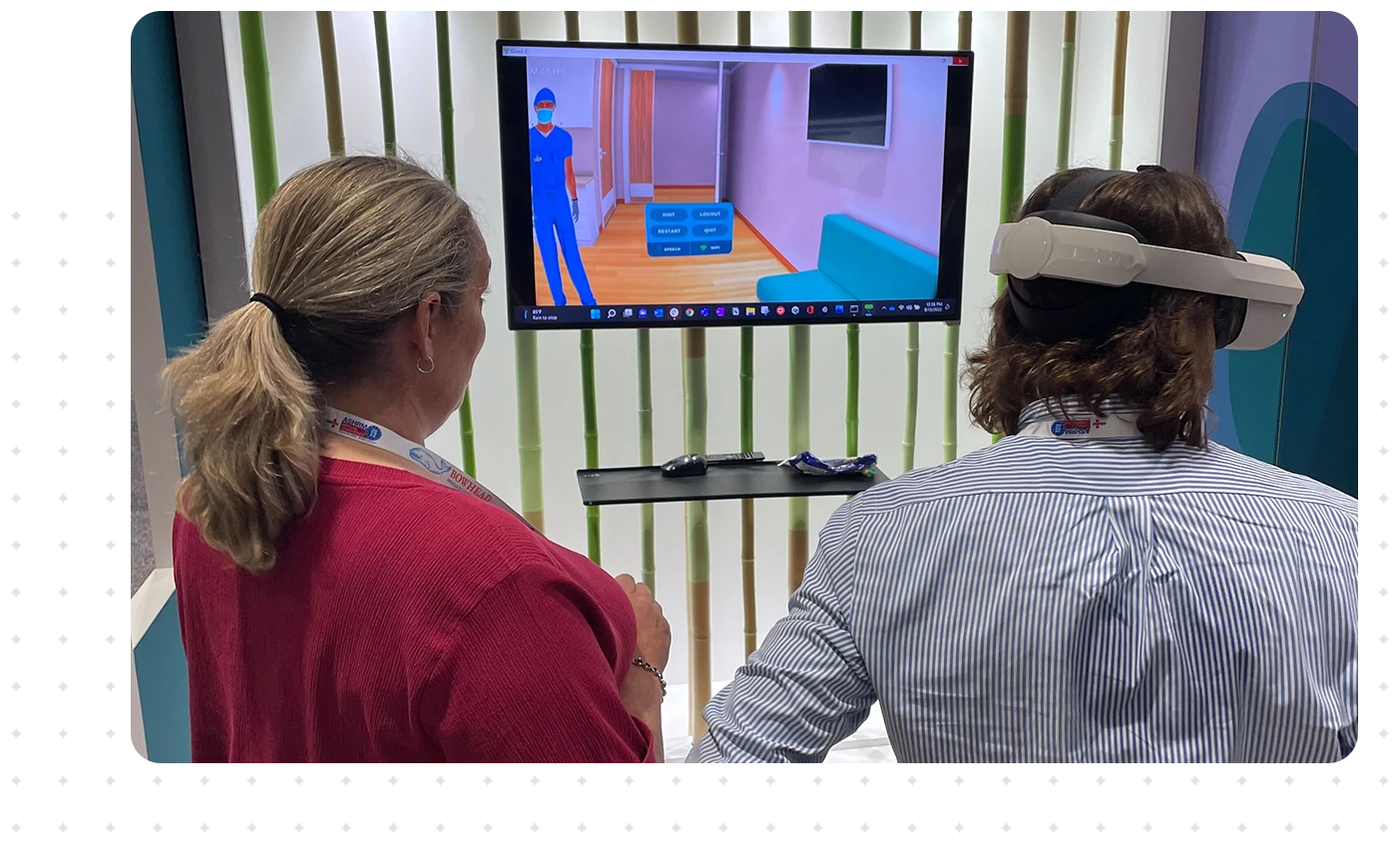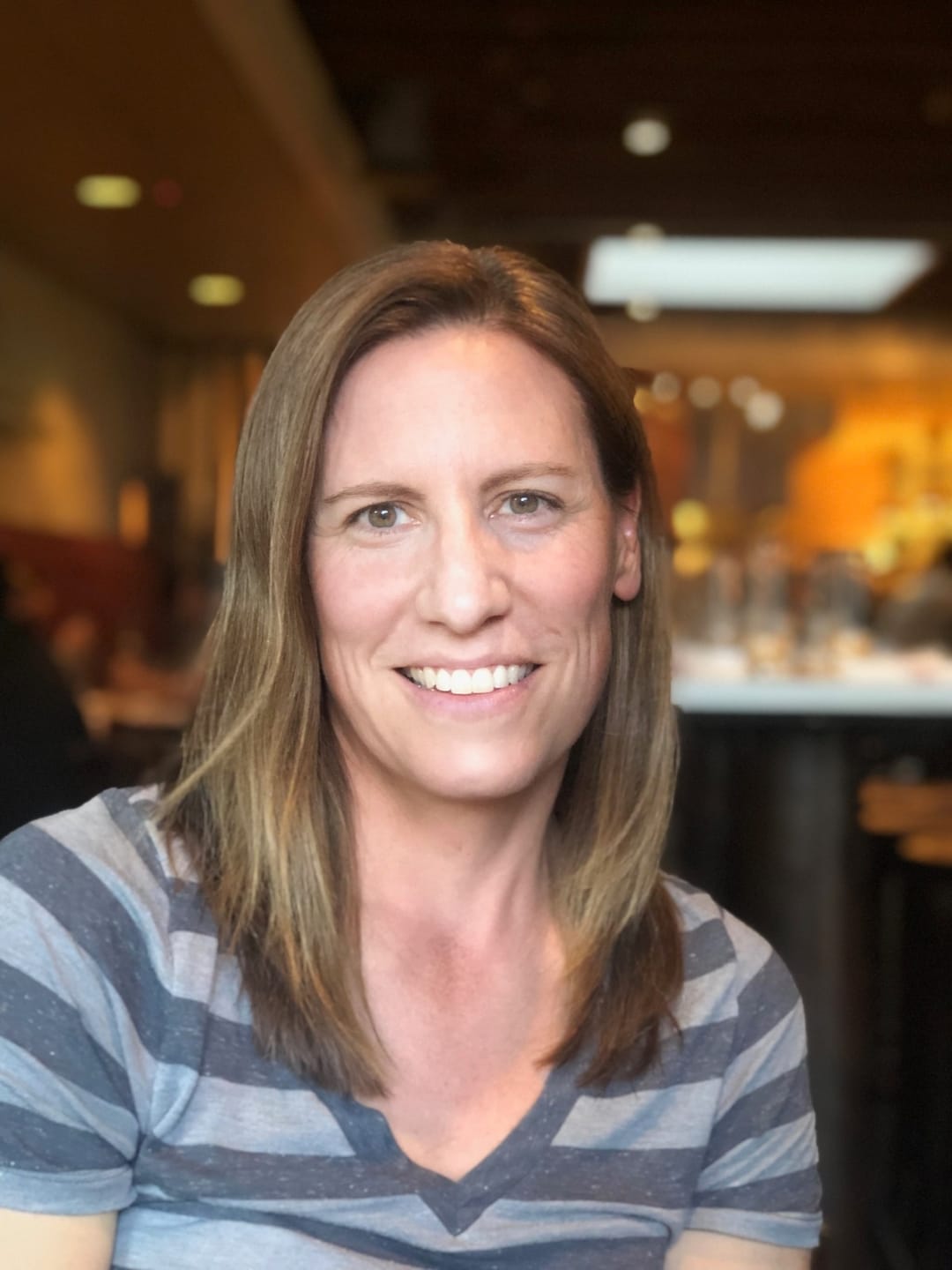
Reflections on Emergency Pediatric Care. Part 2/2
Published February 4, 2022
Children can’t choose their circumstances and they can’t change how the emergency medical system works. It is up to the rest of us to make sure the emergency medical system is working for our kids and for the providers treating them.
How have you contributed to EMSC efforts, and what are you working on right now to improve pediatric care delivery?
As Program Manager for EMSC Colorado, I’m currently working with stakeholders across the state to develop a pediatric readiness recognition program for emergency departments. The program is called Colorado Pediatric Preparedness for the Emergency Room, or COPPER. We recently launched the program with seven pilot sites and are very excited to guide them through the process of becoming pediatric ready. After the pilot phase of COPPER, we’ll be opening the program to all emergency departments across the state.
For our state’s small, rural hospitals, COPPER will be a game changer. These hospitals don’t have access to pediatric education or experts like the hospitals along our urban corridors do. COPPER will connect these smaller hospitals with the pediatric expertise and resources they so need. This, in turn, will lead to better health outcomes for the children living and playing in these communities.
I’m also working with partners to develop a program that will implement and support pediatric emergency care coordinators (PECCs) at EMS agencies across Colorado. The program is called Colorado Pediatric Emergency Care Coordinators, or COPECC. The COPECC steering committee and I are putting together materials and resources that will help PECCs improve their agencies’ pediatric emergency care. We’ll also be developing a community of practice for Colorado prehospital PECCs so that they can share resources and lessons learned.
In addition to COPPER and COPECC, EMSC Colorado is continuously finding ways to connect EMS agencies and emergency departments with the pediatric education they need. We do this a variety of ways: deploying our mobile simulation lab, maintaining a master pediatric education calendar, and helping to facilitate virtual education.
What are some practical ways EMS leadership can improve emergency medical care for children?
Without a doubt, one of the simplest, most practical ways an EMS leader can improve pediatric emergency care is to appoint a pediatric champion, or a team of pediatric champions. Having someone on your team who ensures access to pediatric training, education, and equipment will go a long way toward ensuring your organization is pediatric ready.
Author Bio:
Stacey Quesada, MPH
Stacey is the EMS for Children Program Manager at the University of Colorado School of Medicine, Department of Pediatric Emergency Medicine
To learn more about EMS for Children, visit https://emscimprovement.center/

